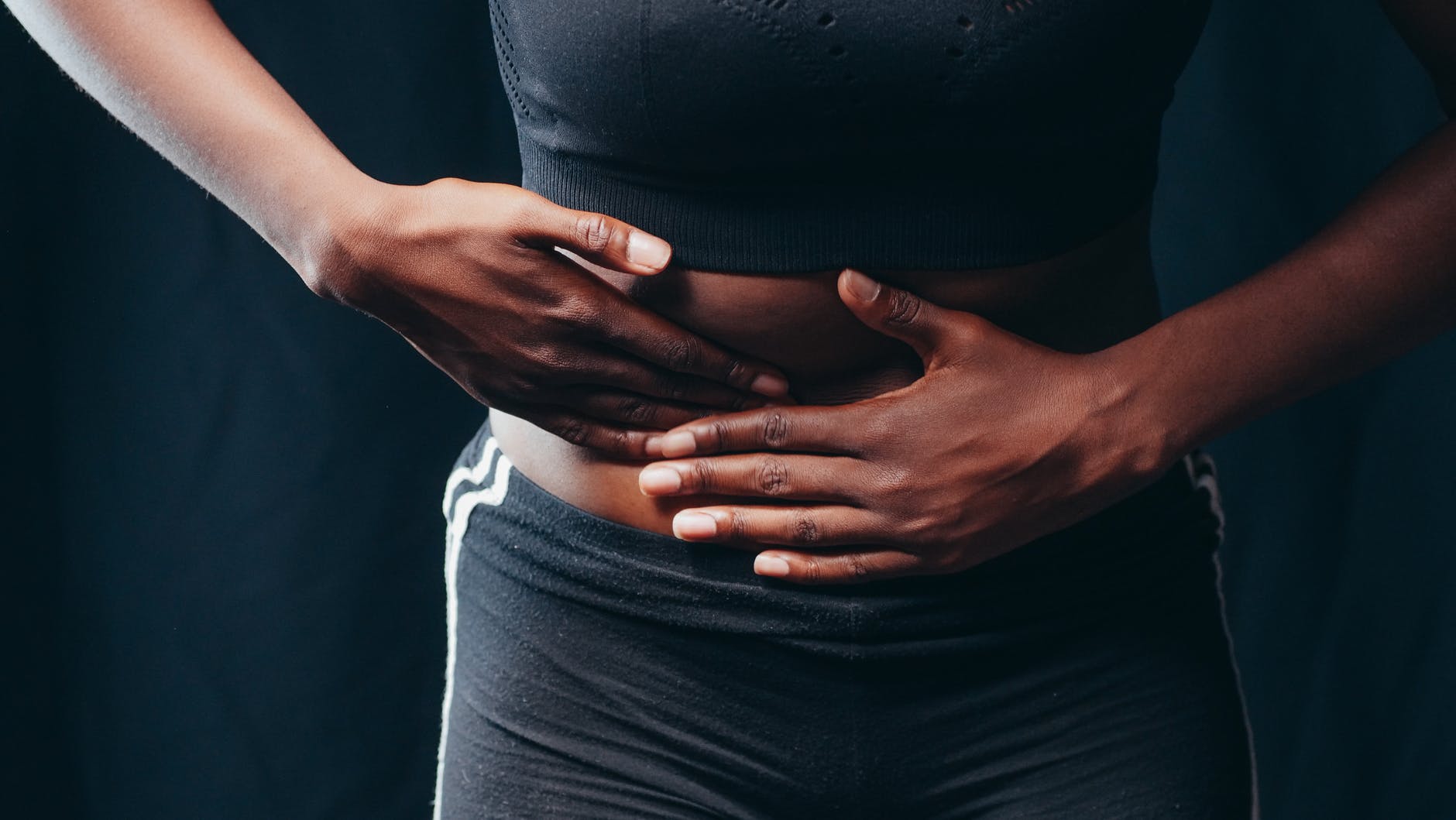Millions of women suffer from bladder irritation every day. This can be a very uncomfortable and embarrassing issue to deal with. We will discuss ways in which you can calm an irritated bladder and get your life back on track.
What is bladder irritation and what are the symptoms?
Bladder irritation is a condition in which the lining of the bladder becomes inflamed. This can be caused by infection, injury, or certain medical conditions. Symptoms of bladder irritation include:
-Feeling the need to urinate frequently
-Feeling a burning sensation when urinating
-Passing small amounts of urine
-Blood in the urine
-Pain in the lower abdomen
If you experience any of these symptoms, it is important to see a doctor so that they can rule out any underlying medical conditions.
What are some of the causes of bladder irritation?
Many different things can cause bladder irritation. Some of the most common causes include:
-Infection: A urinary tract infection (UTI) is a very common cause of bladder irritation. UTIs occur when bacteria enters the urethra and travels to the bladder. Symptoms of a UTI include a strong urge to urinate, pain or burning during urination, and cloudy or bloody urine.
-Chemicals: Certain chemicals, such as those found in cleaning products, can irritate the bladder.
-Allergies: Allergies to certain foods or environmental allergens can cause bladder irritation.
-Trauma: An injury to the bladder can cause it to become irritated.
-Medical conditions: Certain medical conditions, such as interstitial cystitis or irritable bowel syndrome, can cause bladder irritation.
Are there any long-term solutions to help prevent bladder irritation from happening in the first place?
There are a few things that you can do to help prevent bladder irritation from happening in the first place. If these are not effective see a health care provider.
-Drinking plenty of fluids: This will help to keep the urine in the bladder less concentrated and wash away bacteria in or near the urethra (bladder opening).
-Wiping from front to back after using the bathroom: This will help to prevent bacteria from spreading from the anus to the urethra. Some studies support this while others do not.
-Urinating after sex: This will help to flush any bacteria that may have been introduced during sexual activity.
– avoiding foods and drinks that can irritate the bladder: These include caffeine, alcohol, spicy foods, and citris fruits.
-Wearing loose-fitting clothing: This will help to avoid putting pressure on the bladder.
How can you calm an irritated bladder and get relief from the symptoms?
There are a few things that you can do to help calm an irritated bladder and get relief from the symptoms. Some of these include:
-Drinking plenty of fluids: This will help to keep the urine diluted and reduce irritation.
-Taking over-the-counter pain medication: This can help to relieve pain and inflammation. Tylenol is better than Motrin or Advil.
-Using a heating pad: This can help to soothe pain and cramping.
– avoiding foods and drinks that can irritate the bladder: These include caffeine, alcohol, spicy foods, and acidic fruits.
-Practicing stress relief techniques: This can help to relax the muscles around the bladder and reduce irritation.
Once again it is important to see a health care provider to make sure that it is not a bladder infection, kidney stones, or cancer.
You can also schedule a consultation with our team here at Atlantic Gynecology and Urogynecology. Dr Hardy has a special interest in treating patients with IC (painful bladder syndrome) who have not seen improvement in their symptoms with first-line therapies such as dietary changes and prescription medications. He offers a novel treatment option called intravesical therapy which involves infusing medication directly into the bladder using an cystoscope through your urethra. This minimally invasive procedure can provide relief for many women who suffer from interstitial cystitis without having to take oral medications every day or undergo surgery!
Bladder irritation and bladder pain is a common health issue that can be caused by many different things. If you are experiencing any of the symptoms listed above, it’s important to see your doctor and get them checked out so they can make sure there isn’t an underlying medical condition causing the problem or treat your symptoms accordingly.

